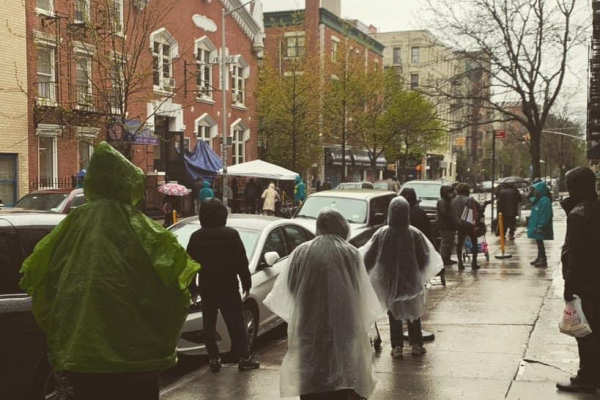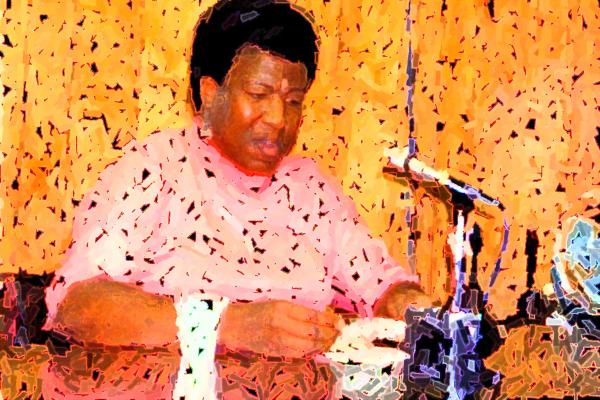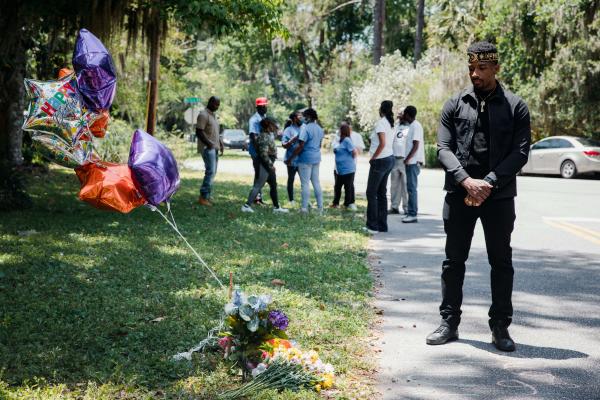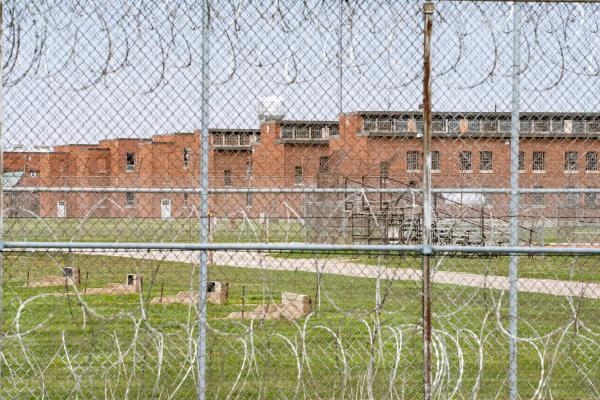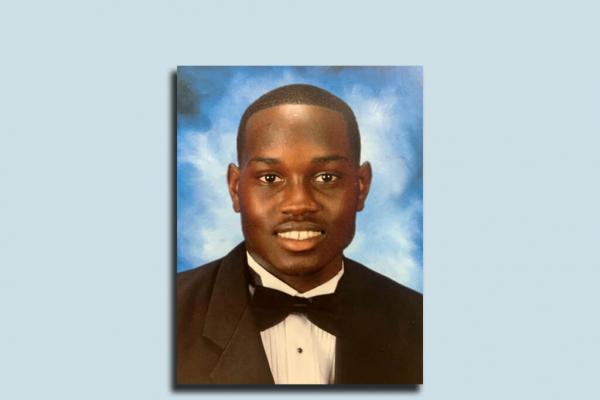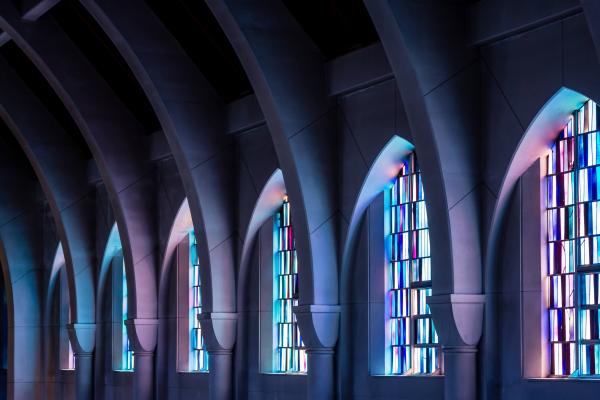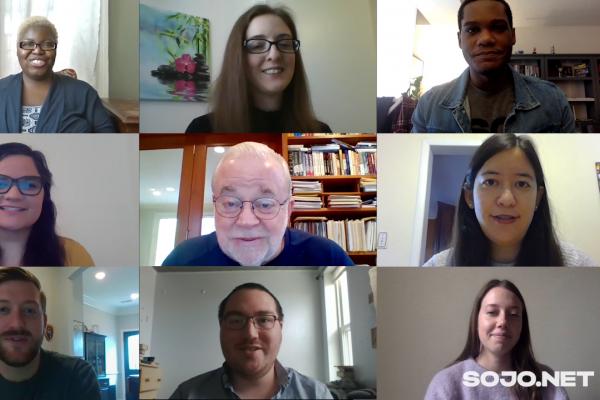Learning from Octavia Butler, pandemic changes for seminary students, mystery at Oxford, and more.
Much has been written about the ways in which the pandemic is exposing the fragility of our communities and the underlying vulnerabilities that were ignored. Over the years, Father’s Heart has tried to do what it can to knit the fraying margins of the neighborhood back into the whole, by reminding people of their God-given dignity and worth. But they are working against decades-long policies that have kept so many New Yorkers from accessing affordable housing and better paying jobs.
Speculative futurism isn’t mentally escaping into a future that is either far more dystopic than our present or far more utopic than we should expect — nihilistically leaning into our sense of dread and doom, or engaging an escapist fantasy that all will be better someday and calling this ungrounded vision “hope” can both be momentarily comforting. A speculative futurist ecclesiology looks at every fault line exposed by this pandemic alongside every gift and grace it illuminates.
We believe all human beings are made in the “imago dei,” the image and likeness of God — it’s a core tenet of ours and many other faiths. Just as the COVID-19 pandemic has revealed how injustices in our health care and safety net systems stand in stark contrast to that core ideal, so too does any strategy that would negate a people’s votes because of the color of their skin. It is not just a partisan tactic, but rather a denial of their imago dei, a theological, biblical, and spiritual offense to God. Protecting the right to vote affirms the divine imprint and inherent value of all of God’s children.
When will the lives of black people ever matter to America? Black people are tired.
Faye Brown was 23 when she went to prison. This week a coroner will report that Brown died at a local hospital of complications from the coronavirus at the age of 67.
What value is there in circulating a depiction of innocent black death?
"I think that the word of God gives us the remedy for a lot when crisis comes. I think that the reality of our theology has to do with the theodicy of God — why does God allow bad things to happen? There’s the communicating, conveying, and teaching about managing crisis; 'How does God view crisis? Is he the author of crisis or is the crisis that we see an experience in our world as a result of something else or someone else?' So really, [ we are] educating our people teaching them the word of God, and using scripture as an example of how to survive, almost any kind of crisis."
This pandemic has been a challenge for everyone around the world in different ways, so Sojourners staff teamed up to create a video letter for all of you.
President-elect of Bread for the World Rev. Eugene Cho talks with Rev. Jim Wallis about the need for faith leaders to speak out about politics in the time of the coronavirus.
